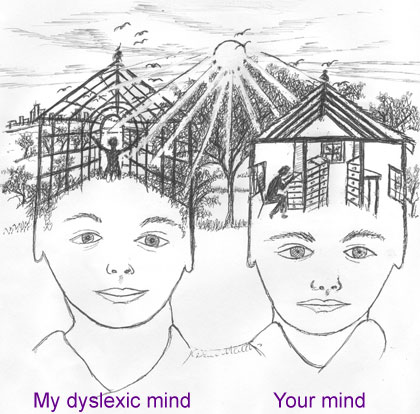ebtbmom
DIS Veteran
- Joined
- Jun 16, 2009
If you have a dyslexic child (or yourself) how do they handle punctuation and grammar? DS is having a tough time with capitalization, punctuation, and grammar. He's been to tutoring before. It's not that he doesn't know how to do these things, he simply has a hard time getting it on paper, which I understand is characteristic of this learning disability.

